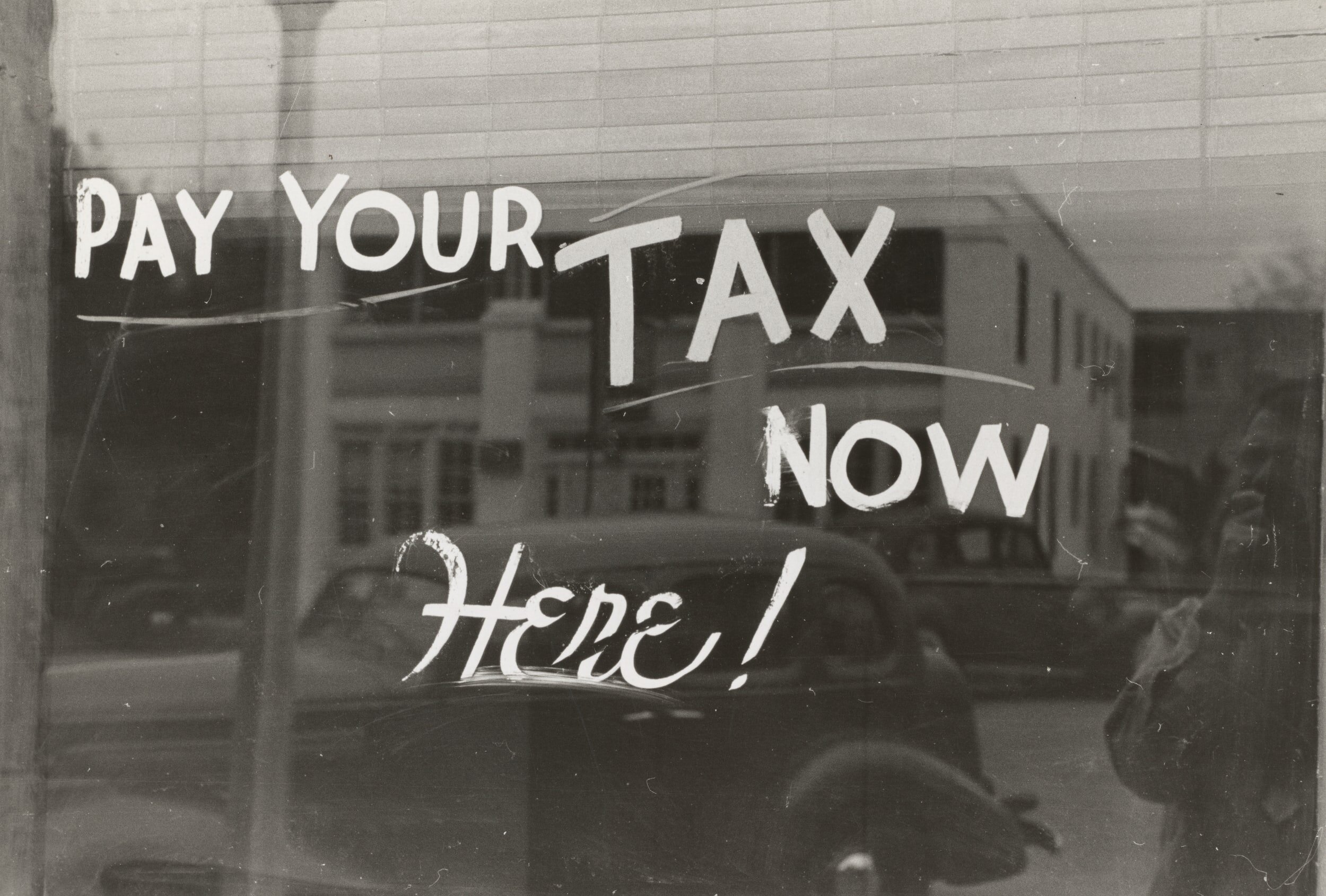Tax Deductions vs Tax Credits and 5 Tax Deductions to Help Reduce Your Tax Bill
Most taxpayers use the terms tax deduction and tax credit interchangeably. Since they are not accountants, this is perfectly fine unless you are particular about precision and strive for a greater understanding of tax. And while there numerous technicalities and jargon in tax that are better left to tax professionals, this particular distinction is fairly straightforward , can be useful to understand and might even save you some tax.
So, what is the difference? A tax deduction is a reduction of your net income on which your taxes payable are based, while a tax credit is a direct reduction of your taxes payable. These might sound very similar, but their impact on how much tax you pay is different. Since there are different tax brackets, a tax deduction results in a reduction of your taxes payable effectively at the highest tax bracket to which your income applies, while a tax credit (for simplicity we are only talking about the federal portion and not provincial) will only reduce your taxes by 15%, which corresponds to the lowest tax bracket. While this can get significantly more complicated, suffice it to say, if your income exceeds approximately $50k, tax deductions have a higher value i.e. they reduce your taxes by a greater amount than a tax credit since part of the $50k will be taxed based on a higher tax bracket.
Another distinction is that tax credits may also be refundable or non refundable. A non refundable tax credit is one which can only be used to reduce your taxes to $0 after which any part of the remaining credit is lost. A refundable tax credit conversely will result in a tax refund if it the amount of the credit exceeds your taxes payable.
Since everyone now understands tax deductions :), lets discuss 5 of the more common tax deductions:
RRSPs
The most popular and widely known tax deduction are contributions to a Registered Retirement Savings Plan or as it is more commonly know, an RRSP.
It is a good idea to start an RRSP, which can be done at most financial institutions, robo advisors etc. as early as possible. An RRSP allows the accumulation of investments on a tax deferred basis. This means that no taxes are payable until you reach the age of 71 or when you start withdrawing from your RRSP, whichever comes first.
Contributions to an RRSP are a tax deduction. The value (i.e. tax reduction potential) of RRSP contributions increase as your income increases. This ,as discussed in our introduction, is because tax deductions are reduction of income at the highest tax bracket that applies to you. As such, sometimes it is beneficial to wait to contribute if you believe that your income potential is higher in a few years vs now.
The amount that you can contribute to your RRSP is limited to 18% of your earned income up to a maximum amount per year ($32,490 in 2025). Earned income includes employment and business income but excludes interest, dividends and rental income. Revenue Canada lets you know the exact amount of your “contribution room” each year on your notice of assessment or this can be found in your CRA account online. You can contribute the full amount of your contribution over time or in one year but you cannot exceed it. If you do exceed your contribution room, penalties will apply.
RRSPs are the most significant way to reduce your taxes.
Child Care Expenses
Amounts paid to another person or entity to care for your child can be claimed as child care expenses including:
Daycare
Babysitter (they must give you a receipt which includes their full name, social insurance number and amount paid for the year)
Daycamps or overnight camps
Boarding schools
Other expenses such as advertising or placement agency fees to find a childcare provider. See here for a list of other expenses.
With some exceptions, the spouse with the lowest income must claim the childcare expense. If you are the only person supporting the child, then this rule does not apply. It should be noted if one spouse does not have any income or does not attend school and is physically and mentally able, then no deduction in permitted.
In order to claim child care expenses both you and your spouse must either have active income from employment, a business or a grant for the purposes of research work. Alternatively, one or both of you must be attending school at a qualifying educational institution.
There is no longer a tax credit available for sports or leisure activities on the federal level.
If you have child care expenses, you will most likely receive a tax deductible receipt which can simply be entered in the appropriate place on your tax return using tax software. Most tax software will automatically calculate and optimize the childcare expenses to the appropriate spouse.
Child care expenses in Quebec are actually classified as a tax credit rather than a deduction for which the rules are different.
Professional Dues
Members of a professional association such as lawyers, engineers and accountants or those that belong to a trade union may claim their annual fees as a deduction on their tax return. It also includes professional malpractice or liability insurance premiums.
You can’t claim one time charges such as initiation fees or special assessments.
If you were reimbursed by your employer for these fees, then you cannot claim them unless they reported it on box 44 of your T4 slip.
You should have the receipt to support your claim otherwise it will likely be disallowed.
More information can be found here
Moving expenses
If you move for a new job or even for an existing job but are at least 40 kilometres closer to your new place of work than your previous you can claim your moving expenses to the new location.
As a business owner (or someone who is self employment), who works from home, your new location is de facto closer to your work than your previous home and as such you would qualify.
Full time students also qualify and can claim moving costs to be closer to their school
The types of moving expenses that can be claimed are:
Payments to movers and storage costs
Travel expenses including meals subject to certain restrictions
Temporary living expenses such as hotel and meals costs for up to 15 days.
Costs of cancelling your lease
Costs to maintain your old home, while vacant, up to $5,000. Note that you should be making an effort to sell your home and no one else can be living in or renting your home for these to be deductible
Cost of buying and selling your home
Any amounts received from an employer to refund your moving costs must be deducted from your claim.
You are permitted to carry forward any moving expenses that exceeded your income from the new location or job in the previous year. Note that you can only deduct moving expenses from income earned at the new location. If this is the same employer as before or you are self employed, you need to calculate amounts earned after you moved to your new home.
If your moving expenses were paid in a year after the year of your move, you can still claim them on your return for the year you paid them against employment or self-employment income earned at the new work location. You cannot however claim expenses for a future year in the previous year.
More information can be found here
Carrying charges
If you earn income from investments, you may claim the fees charged by your investment broker and interest paid that was specifically used to earn that income.
Fees paid for specific investment advice relate to purchase or sales of securities may be deductible. General investment advice/amounts paid to a financial planner fees are not usually deductible
Accounting fees may be deductible as long as you had investment income and you are not deducting them anywhere else e.g. as a business expense
Brokerage fees paid when you buy and sell securities are not deductible as carrying charges. Rather they must be added to the cost of the shares upon which the capital gain is calculated. This is because carrying charges are 100% deductible while brokerage fees specifically relate to sale of securities which is only 50% taxable.
Interest paid on loans used for investments must be specifically identified and are deductible as long as the investment portfolio earns interest and dividends. If it only earns capital gains, this interest will not be deductible
Any fees or interest paid with respect to TFSAs ,RRIF and RRSPs cannot be claimed since these are not included in your income.
Fees for safety deposit boxes or subscription fees for financial publications are NOT deductible
More information can be found here
While many deductions don’t apply to everyone, it is good to be aware of them if and when they do apply in the future. Even if you use an accountant to prepare your tax return, you need to communicate the specifics of your situation to ensure that you maximize the deductions to which you are entitled and pay as little tax as possible.
Want to Simplify Your Taxes?
📝 Take the First Step Explore free downloads and checklists to help you with starting your business and taxes.
📘 Learn the Essentials Check out my Small-Business-Tax-Resources for clear, practical guidance on Canadian small business taxes written specifically for self-employed individuals and small business owners in Canada.
🎥 Looking for Personalized Guidance? Book a consultation to get your tax questions answered and receive advice customized to your unique situation.





